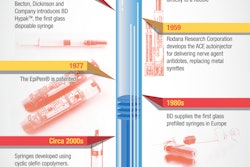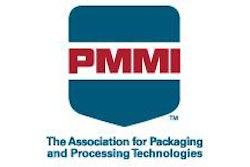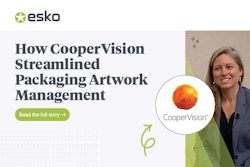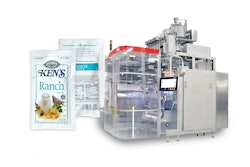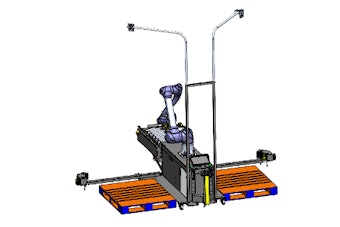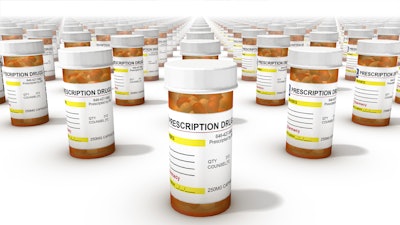
At the recent PDA/FDA Joint Regulatory Conference in Washington, DC, Betsy Fritschel, Director, Johnson & Johnson, shared observations on FDASIA (Food and Drug Administration Safety and Innovation Act) Title VII.
FDASIA was signed into law on July 9, 2012 and expanded the agency's authority, strengthening the FDA’s ability to safeguard public health.
The provisions of the legislation that impact drug product inspections include:
• Risk-based inspection schedules for domestic and foreign drug facilities
• Obtaining inspection records ahead of or instead of an inspection
• Prohibition of delaying, denying, limiting, or refusing inspection
FDASIA Title VII
705—Deals with inspection frequency. Remains the same for medical devices, every two years for Class II and Class III devices.
For drugs, biennial inspections are no longer required. Instead, FDA will use risk-based scheduling, and this applies equally to prescription and over-the-counter drugs, including products like sunscreen, etc.
Risk-based scheduling will involve the FDA taking into consideration things like the site’s compliance history, history and nature of recalls, inherent risk of the drugs manufactured at the site, and recent inspection history by other health authorities.
This is one focus of FDASIA—expanding the FDA’s role in other countries, and calls for unprecedented cooperation with other regulatory bodies in foreign countries.
706—Introduces a new authority to request records ahead of, or instead of, an inspection. This leads back to the agency’s push for quality, and the metrics needed to assure a site is not running into trouble with production problems that could lead to potential drug shortages.
707—Deals with delaying, denying, limiting, or refusing inspection, and expands the definition of “adulterated” product, which adds a pretty strong tool in FDA’s arsenal, according to Fritschel.
Delay means delaying scheduling of a visit, delaying during the visit, and even delaying when records are produced.
Fritschel added that FDA language regarding delays, such as “reasonable time frame,” can cause some anxiety with manufacturers who might be doing everything they can to comply, yet could possibly be seen as taking too long.
Denial includes denying the scheduling of a visit, denying inspectors access to where they want to go in the plant, even falsely alledging “we do not make drugs here.”
Facilities manufacturing drugs are supposed to be available for inspection any time the product is being made.
Limiting access includes access to the facility, to any records requested, any samples requested, and even the taking of photographs. J & J recently changed their policy of “no photography.”
709—Deals with detention, which is different from import detention. The FDA can detain any drug products believed to be adulterated or misbranded here in the U.S. The manufacturer cannot move the product out of the facility into distribution.
Detention in a foreign facility would be a challenge—the FDA would have to wait for the drugs to be shipped to U.S. and detain them at the warehouse.
710—Calls for exchange of info with foreign regulatory bodies, as long as that government can protect trade secrets. This is an area the FDA stresses it is approaching in new and unprecedented ways.
711—Deals with supply chain, and for the first time cGMPs now clearly include raw materials risk management.
712—Allows the FDA to enter into agreements with other governments to recognize their inspections or those of other health authorities.
In another session there was discussion of a pilot program where third-party auditors could inspect a facility and share findings with all regulatory bodies. This could potentially ease pressure on FDA’s limited resources.
